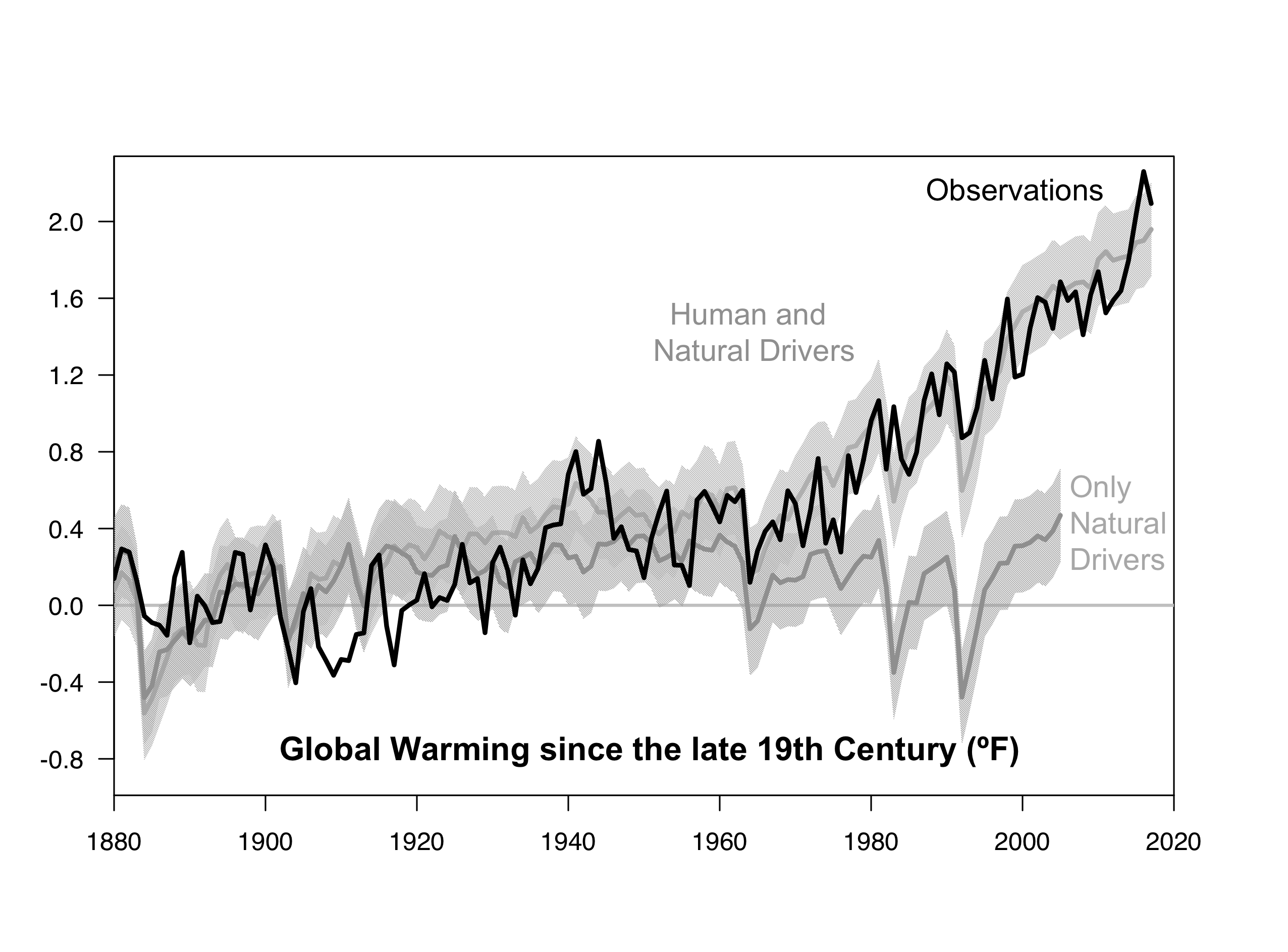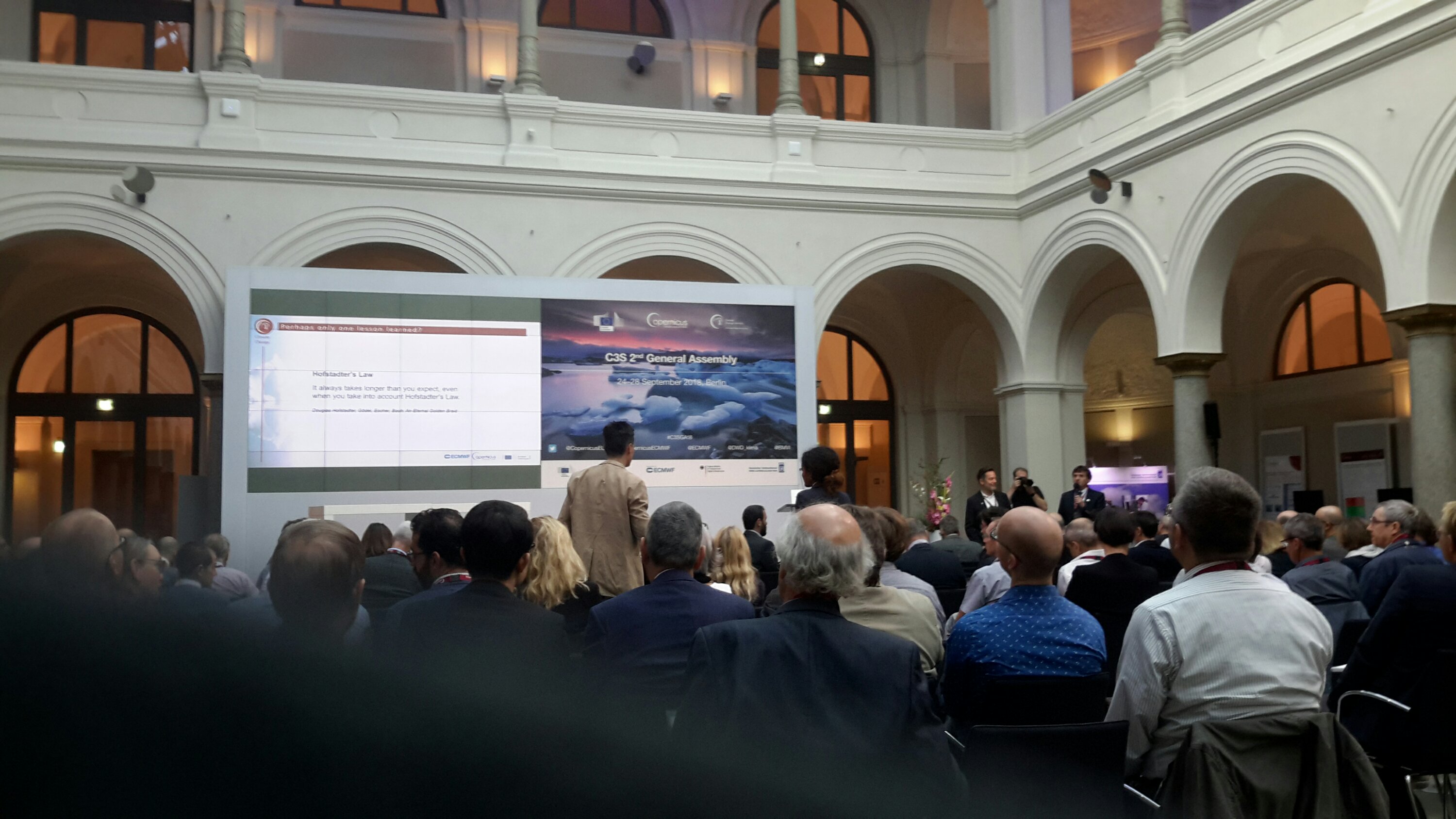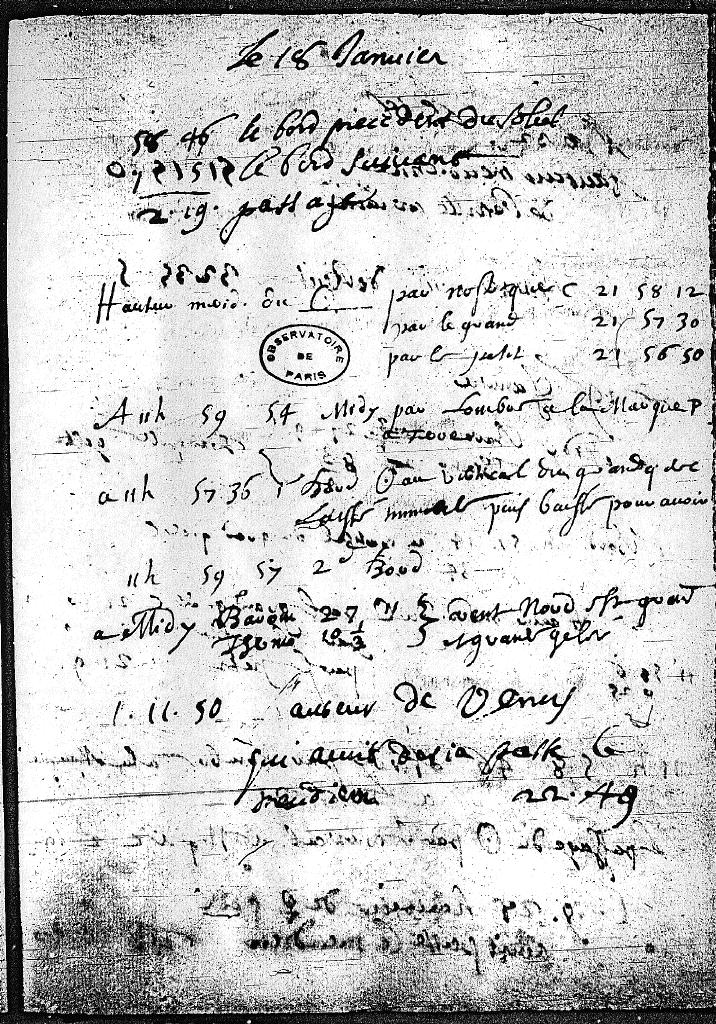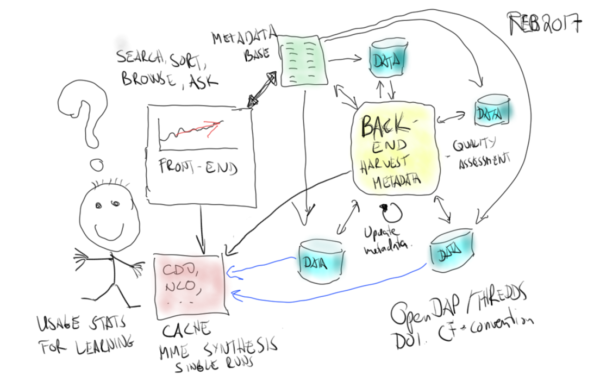Guest commentary by Lauren Kurtz
The Climate Science Legal Defense Fund (CSLDF) protects the scientific endeavor from anti-science attacks. Since our founding in 2011, we’ve assisted hundreds of scientists with issues ranging from invasive open records requests to death threats.
As part of this work, our staff will be at the American Geophysical Union Fall Meeting from December 10-14, offering free legal services to scientists and leading sessions on how to get involved in the policymaking process and how to be an expert witness.
For those who won’t be at the meeting — and with 2019 around the corner — we put together a list of suggested New Year’s resolutions for scientists. Adopting these best practices will help you reduce your risk of being harassed or attacked.
[Read more…] about Scientists: Resolve to Protect Yourself from Harassment in 2019




